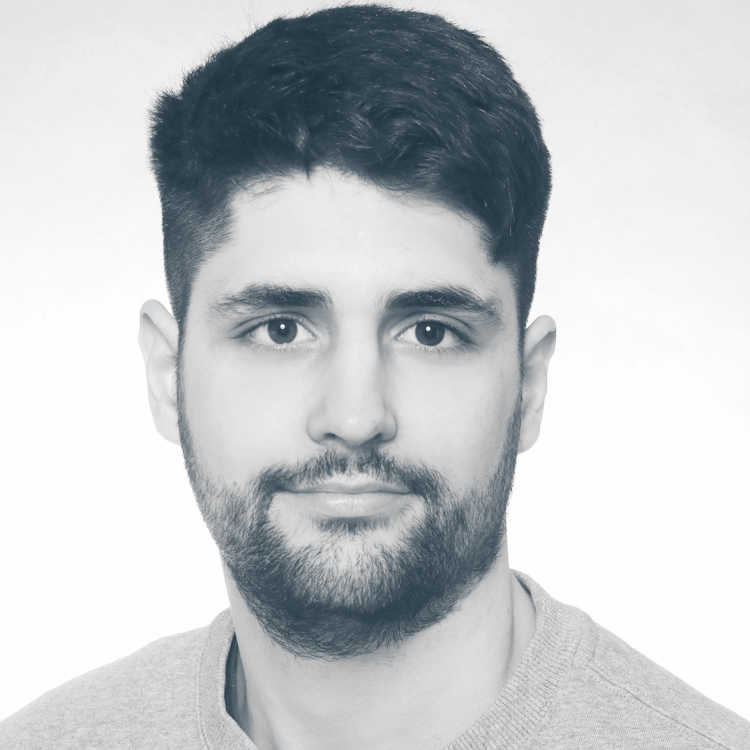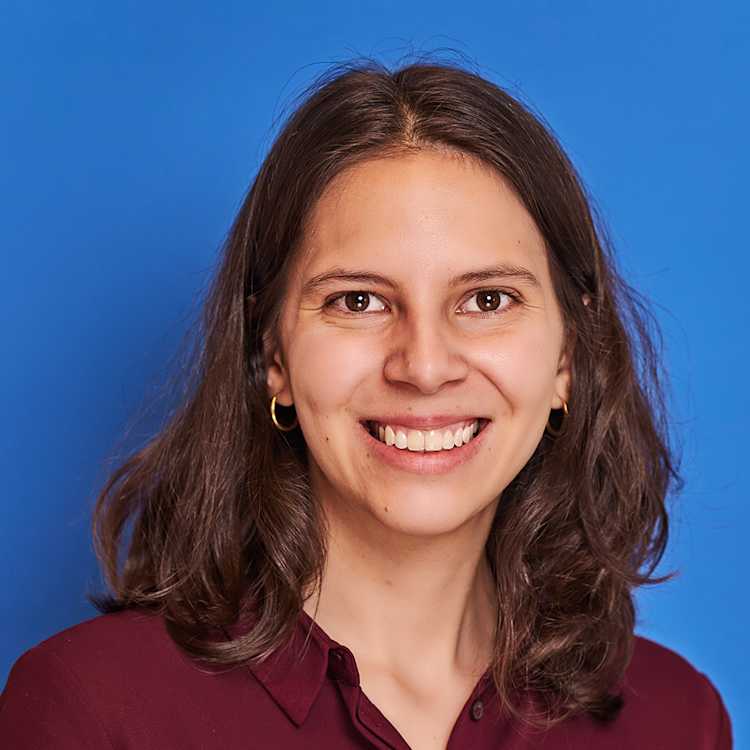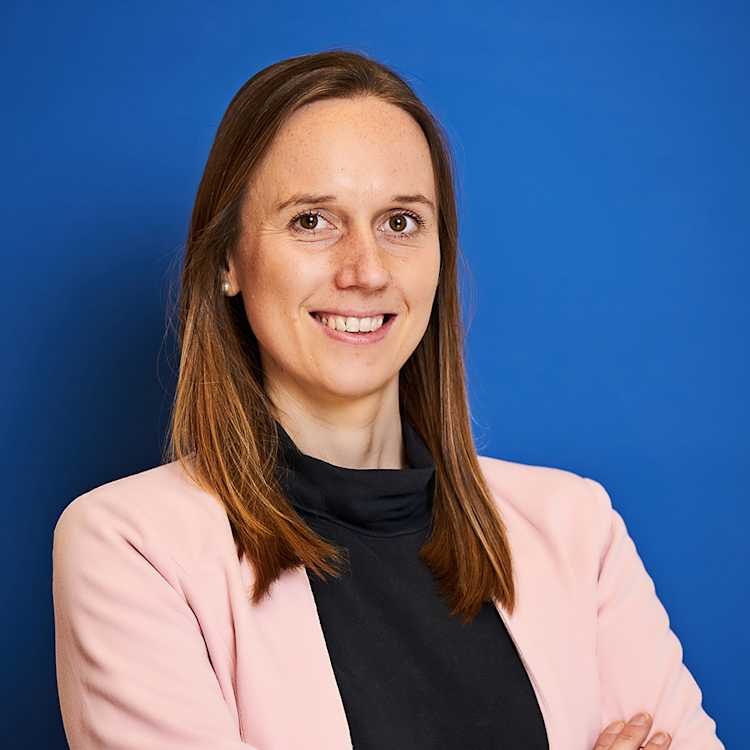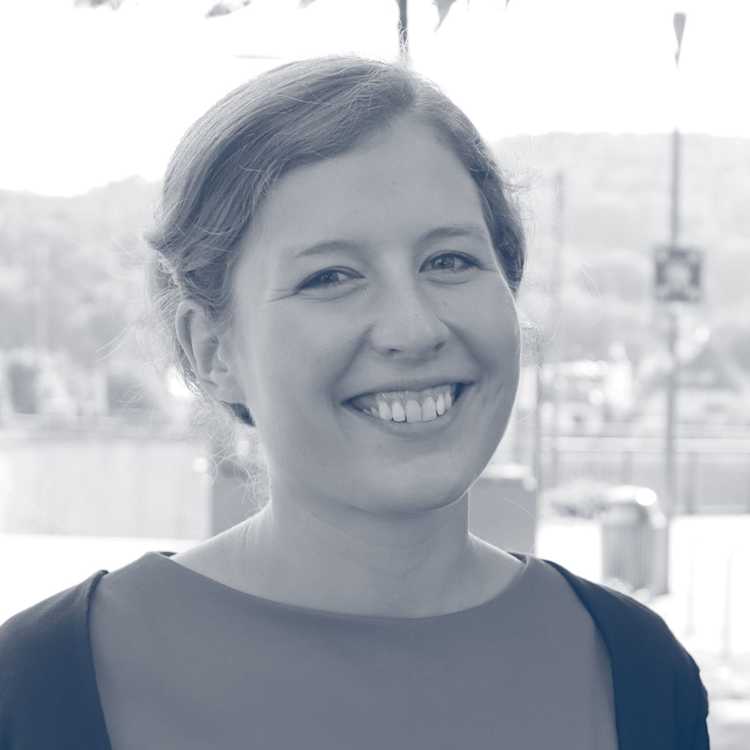- Startseite
- Presse
- "Spotlight on..." Summer Schools
Spotlight on... | 06.10.2022
"Spotlight on..." Summer Schools
GIGA Doctoral Researchers Lukian de Boni, Johanna Pieper, Katharina Fietz and Julia Köbrich participated in a variety of summer schools. In this interview, they gives us insights into their experiences.
Over the summer some of our Doctoral Reseachers, Lukian de Boni, Johanna Pieper, Katharina Fietz and Julia Köbrich, participated in a variety of Summer Schools. Learn more about their experience in the following interview.
Which Summer School did you participate in? And what courses did you take?
Lukian: I attended a summer school organized by the China Observers in Central and Eastern Europe (CHOICE) think-tank. Over four days, classes covered different facets of the EU-China relationship: climate, trade, values, geopolitics, the Ukraine war, and ideology.
Johanna: I attended the 26th Summer School in Social Science Methods at the Università della Svizzera italiana and took the course Qualitative Comparative Analysis: Research Design and Application by Patrick Mello. We were a group of about 15 PhD students, professors and professionals present in Lugano.
Katharina: I participated in the Paris School of Economics, where I took a course on Microeconometrics.
Julia: I participated in Utrecht University Summer School. There I took two courses on Structural Equation Modeling using Mplus. The introductory course gave an overview of basic structural equation models including confirmative factor analysis and was accompanied by practical training in calculating these in Mplus. The follow-up advanced course discussed a variety of more complex structural equation models were covered.
What did and didn’t you like about the Summer School?
Lukian: The summer school essentially served as a networking opportunity, where I was able to meet like-minded young professionals interested in the EU-China relationship as well as influential think-tankers and diplomats (Czech Minister of Foreign Affairs, EU/Lithuanian ambassadors to China). What I liked less is that the summer school focused on content, not skills. We only had one exercise, a simulation of an EU-China summit, although I feel like we could have had more analytical exercises based on ‘decoding’ official documents, for instance.
Johanna: Overall, I really enjoyed the organization of the course, its content, and the way Patrick thoroughly explained each step of QCA. Although the course was an introduction to QCA and programming in R, the pace was sometimes too fast for those new to R, myself included, and occasionally I had trouble catching up. However, participants were also able to schedule a one-on-one meeting with Patrick to discuss their own research projects and ask more specific questions. Finally, we were a very nice group of people who were always willing to meet in their free time to explore the city, for example, so the Summer School is also a good place to make new contacts.
Katharina: I very much enjoyed the summer school. The course offered a mix of theoretical lessons and practice training sessions. In the morning, we had lectures about tools for policy evaluation and machine learning. In the afternoon, STATA lessons were offered. The combination made it easy to follow the course, and I learned a lot. A particular highlight was having lectures in person again and being able to connect with other Ph.D. students. Classes ended around 4.30 pm, which gave us room to discover Paris. Since the summer school's focus was on methods and not a topic, all participants worked on different topics. On the one hand, it was interesting to see what other people were working on. On the other hand, it would also have been nice to meet people who work on similar topics as I do. Nevertheless, I had a great week in Paris and learned a lot.
Julia: The summer school offered a great mix of lectures and practical training with the software Mplus. The lecturers were super enthusiastic about research methods, which at times made them forget all about breaks and made my brain stretch in the effort to take it all in. A great patience to answer questions and the offer of advice on individual projects in one-on-one discussions made sure that I learned more than I thought was possible in only two weeks.
What did you take away? Any particular lessons learned for the next steps of your research project?
Lukian: The summer school was more political than methodological. My take-away is that the challenges in the EU-China relationship will only multiply in the coming years, with impacts to be felt worldwide. This gave me a renewed impetus for the motivation behind my research project, as the summer school emphasized that well-trained China specialists will be essential to address these challenges.
Johanna: Since QCA will be an essential part of my dissertation, the Summer School was very helpful to learn the most important aspects of this method by discussing its application in different research projects and disciplines. Now I know how to better organize my next steps to make QCA work properly, such as narrowing down the information I have about my independent variables (conditions).
Katharina: As mentioned, the summer school was about methods. Hence, I increased my knowledge of policy evaluation tools and learned practical skills in STATA. Especially the part about machine learning was new to me and very interesting. In addition, the professors who offered the course also gave office hours. That was a great chance to discuss my ongoing research, and I got valuable feedback on my work.
Julia: The summer school helped me a lot in designing my quantitative data collection planned for this autumn in Togo and Sierra Leone. I was pushed to specify the models I am planning to calculate and was able to practice how to run these analyses. I particularly appreciate having learned about confirmatory factor analysis as a method to predict latent constructs of interest based on several observable indicators.



